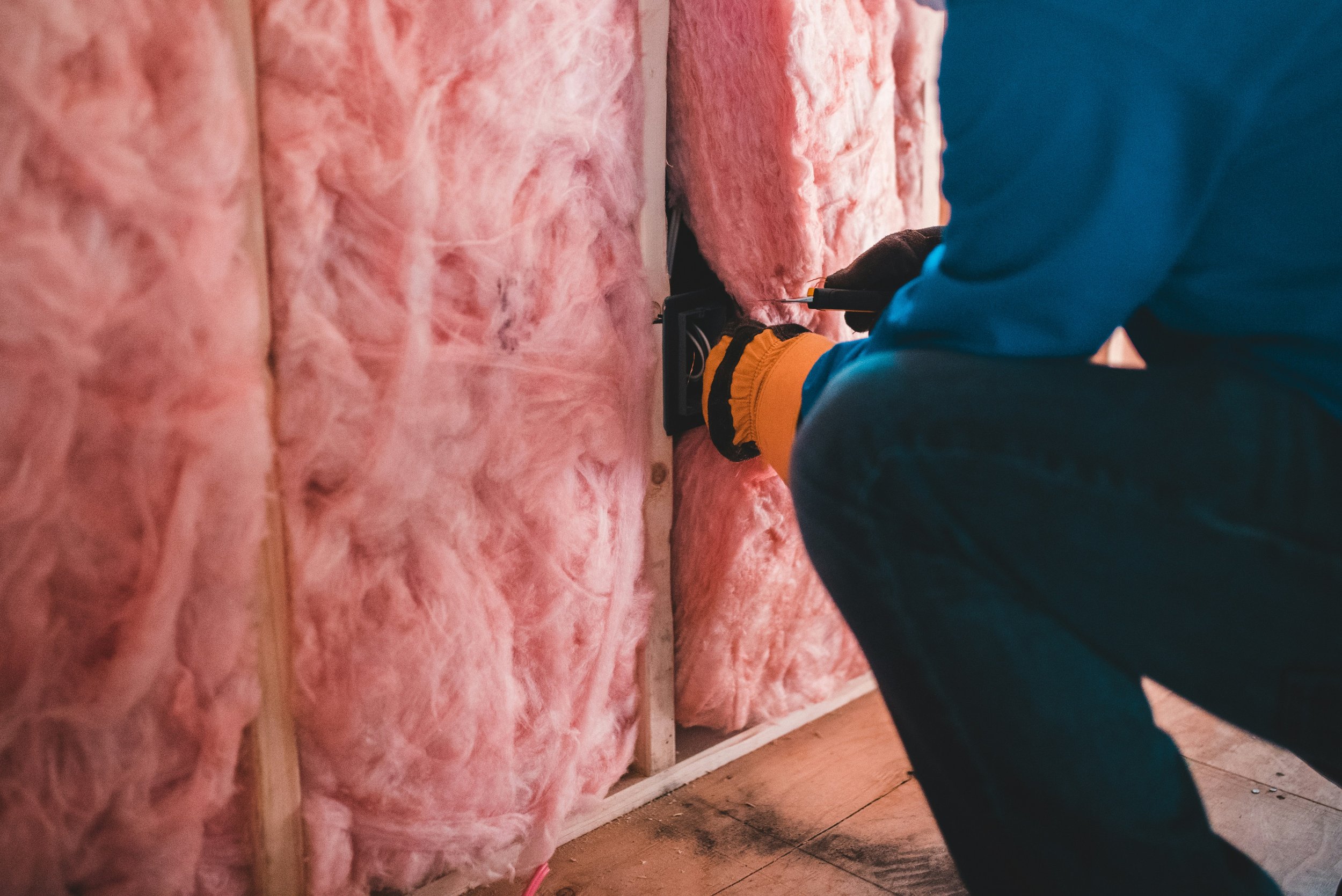How to use Less Household Energy
If you are looking to reduce your environmental impact, cutting your power use can make a big difference and save you money. Here’s our guide to help you decrease electricity and gas consumption both at home and while traveling.
Photo by Ragib Huda on Unsplash
Energy-Saving Tips for Home
1. Go for Energy-Efficient Appliances: When it’s time to replace your old appliances:
◦ Check out the Energy Label and choose goods that score highly on the A+++ to G scale. A+++ grade appliances are the most energy-efficient.
◦ Avoid selecting appliances that are too big for your needs as they use more power.
Photo by Julia Shypka on Unsplash
◦ Look for features that further reduce energy usage like fan ovens and water-efficient dish-washers, smart light bulbs.
Photo by Moritz Kindler on Unsplash
2. Invest in Smart Thermostats: Smart Thermostats learn your schedule and adjust the temperature for you. You can control them from your phone so you can make sure you don’t waste energy while you’re out.
Photo by Ragib Huda on Unsplash
3. Seal Up Your Home: Insulation is key! Make sure your home is well-insulated to keep the heat in during winter and the cool air in during summer. Ensure your loft and wall cavities are insulated and your doors and windows draught-proofed.
Photo by Erik Mclean on Unsplash
4. Switch to LED Lighting: If you haven’t made the switch to LED bulbs yet, now is the time. They’re highly energy-efficient and last much longer than traditional bulbs. Plus, they give off a warm light, making your home feel cosy.
Photo by Jon McCallon on Unsplash
5. Unplug Chargers: Many devices still draw power even when they’re turned off. Unplug chargers and electronics when you’re not using them. Or grab a power strip to make it easy to turn everything off at once.
Photo by Solen Feyissa on Unsplash
6. Adjust Your Thermostat: Try setting your thermostat a degree or two lower in winter. Reducing the temperature by one degree can also save you around £90 per year.
7. Hot Water: Heating water for your kitchen and bathroom can take up a lot of energy. Lowering the temperature and insulating pipes can reduce your usage.
Photo by Michal Balog on Unsplash
8. Laundry: When it comes to laundry, wash in cold water whenever you can, and only run full loads. 30°C is usually sufficient. Avoiding using dryers can cut your power use significantly.
Photo by A65 Design on Unsplash
Energy-Saving Tips While Traveling
1. Choose Smart Transportation: When you travel, think about public transport or carpooling. It’s often cheaper. If you’re flying, try to book direct flights—they tend to be more fuel-efficient.
Photo by Alex Jumper on Unsplash
2. Stay at Eco-Friendly Places: Look for hotels or rentals that are committed to sustainability. Many of them use renewable energy and have recycling programs.
Photo by Leandro Silva on Unsplash
3. Pack Light: If you’re driving, packing light can improve your fuel efficiency. The less weight in your car, the better! And if you’re not using that roof box, take it off to reduce drag.
Photo by Sun Lingyan on Unsplash
4. Be Energy-Conscious: When you’re in your accommodation, remember to turn off lights and unplug devices when you leave the room.
Photo by Aeira Digital on Unsplash
5. Go Reusable: Bring along reusable water bottles, shopping bags, and utensils. Not only does this save energy, but it also cuts down on waste.
Photo by quokkabottles on Unsplash
6. Enjoy Low-Impact Activities: Look for fun activities that have a smaller environmental footprint, like hiking or biking. It’s a great way to explore and connect with nature!
By following these tips, you can save energy, lower your bills, and contribute to a more sustainable lifestyle.

















